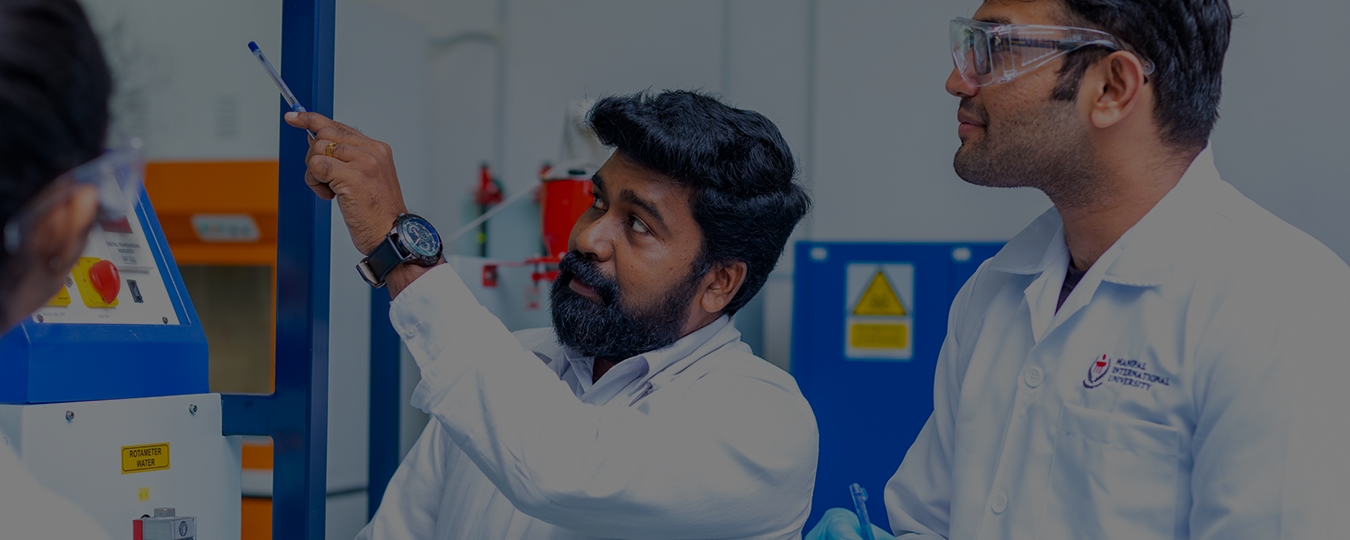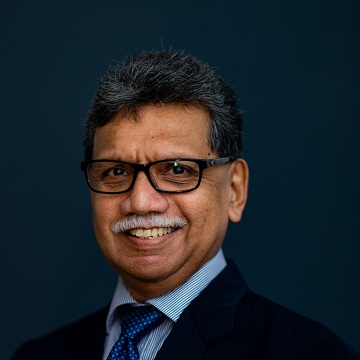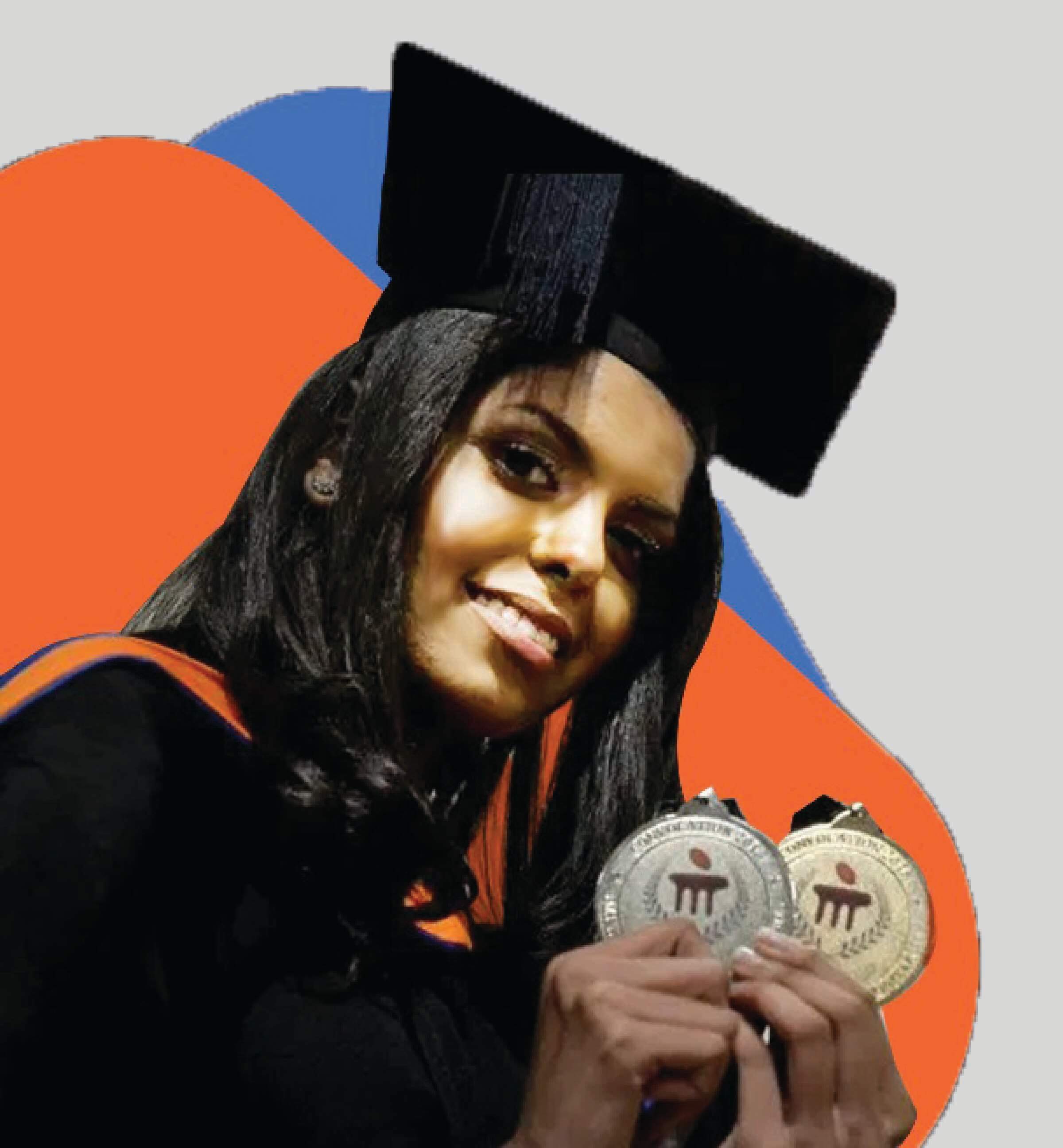Bachelor of Chemical Engineering with Honours
Chemical Engineers create and develop processes for large-scale production of value-added products from cheap raw materials, in an economical, safe and environment-friendly manner. Drawing from the long and rich experience of Manipal Engineering Education and taking into account the needs of industry, the 4-year programme in Chemical Engineering was designed at MIU in conformance with Washington accord, which ensures world-wide recognition of the degree. It provides students with the knowledge, skills and tools necessary to become competent, innovative, responsible and ethical chemical engineers in Chemical, Petrochemical, Oleochemical, Food, Pharmaceutical and Bioprocessing, Biofuel and allied industries locally and globally.











